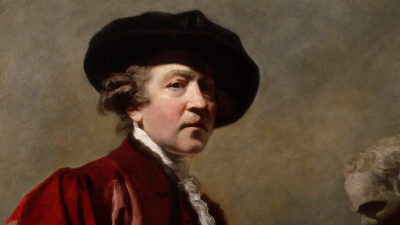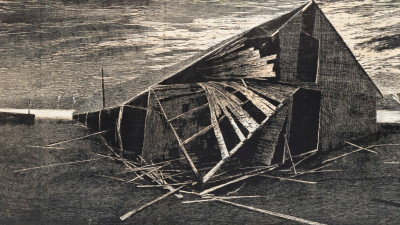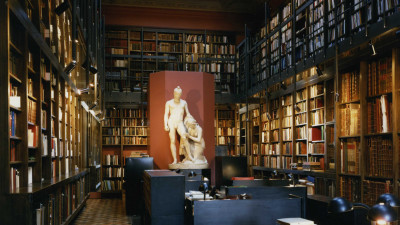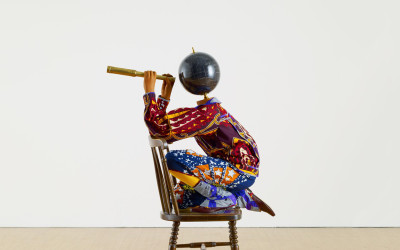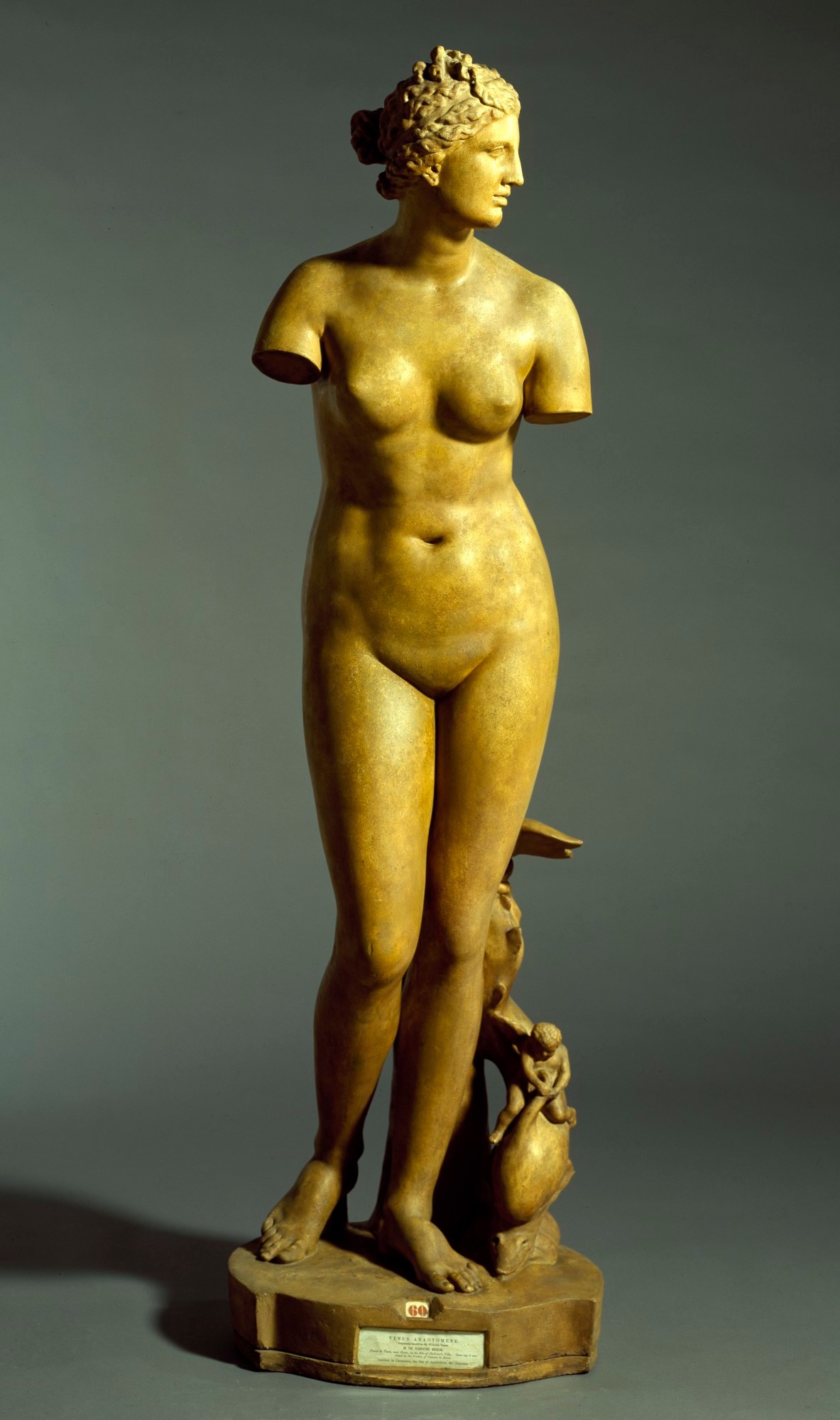
Unknown maker, Cast of Venus de 'Medici, c.1779.
Plaster cast. 1650 mm x 520 mm x 410 mm. © Photo: Royal Academy of Arts, London. Photographer: Paul Highnam.
This image is not available to download. To licence this image for commercial purposes, contact our Picture Library at picturelibrary@royalacademy.org.uk
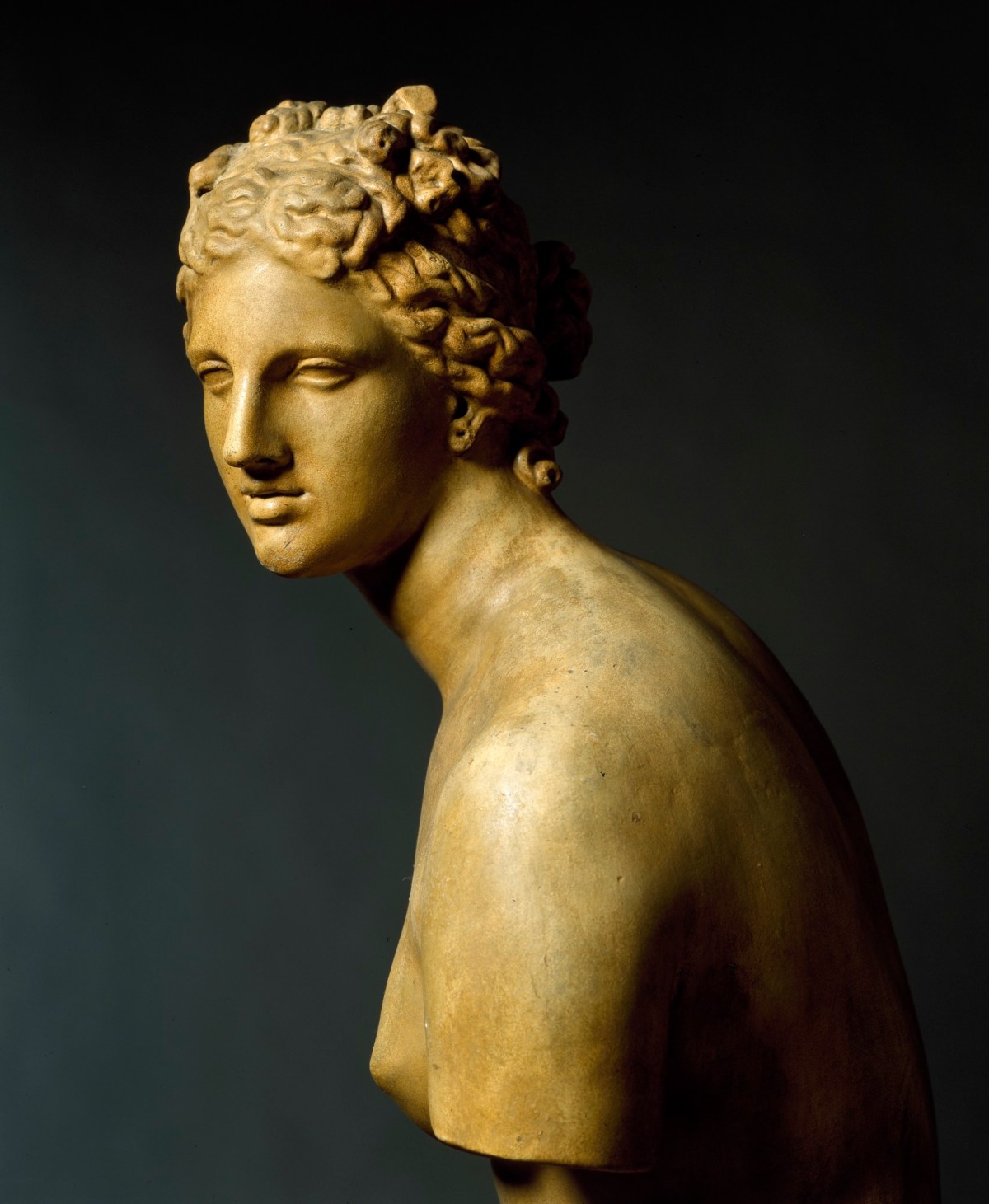
Unknown maker, Cast of Venus de 'Medici, c.1779.
Plaster cast. 1650 mm x 520 mm x 410 mm. © Photo: Royal Academy of Arts, London. Photographer: Paul Highnam.
This image is not available to download. To licence this image for commercial purposes, contact our Picture Library at picturelibrary@royalacademy.org.uk
Cast of Venus de 'Medici, c.1779
Unknown maker
RA Collection: Art
On free display in The Julia and Hans Rausing Hall
This is a plaster cast of the Venus de’ Medici. The statue was first securely recorded in 1638, when François Perrier recorded the marble sculpture as being in the Villa Medici in his anthology of the most beautiful statues. The statue was sent to Florence in 1677 and it was in the Tribuna of the Uffizi by 1688. In 1800 the sculpture was removed to Palermo to escape the French, who were at that time transporting many artworks from Italy to France. Even so, the French applied diplomatic pressure to the Neapolitan court and the sculpture travelled to France in 1803 before returning to Italy after Napoleon’s downfall in 1815.
Admired by artists, writers and collectors, the Venus de' Medici has become one of the most reproduced classical sculptures—the attention it was paid by Perrier in 1638 shows that the work was already highly admired, but it was after the work was installed in the Uffizi that it was truly recognized as one of the very finest antique statues in existence.
A bronze cast was made for the Duke of Marlborough, but in 1722 it was reported that no casts had been made since then, for fear that moulds would damage the statue. Numerous casts of the statue were made in the 18th century, but these were generally after-casts (made from a mould rather than the sculpture itself). The Venus de’ Medici is also one of the most copied sculptures of all time—many lead copies were produced for English gardens in the 18th century, while small-scale bronzes were also immensely popular.
A cast of the Venus de' Medici is included in the background of Henry Singleton's 1795 group portrait The President and Royal Academicians assembled in the Council Room at Somerset House. This presumably was the cast of the Venus de' Medici given by Thomas Jenkins in 1769 and mentioned in Joseph Baretti's 1781 Guide to the Royal Academy, as Jenkins's version and the illustrated one both have arms. After the Royal Academy moved to Burlington House, a cast of the Venus de' Medici was installed in a niche at the top of the main staircase (along with another cast, of the Townley Venus, until they were replaced by statues of Turner and Gainsborough in the 1930s.
This cast includes a dolphin but not the arms of Venus, all of which were later additions to the marble original.
Further reading
François Perrier, Segmenta nobelium illustrium e marmore tabularum que Romae adhuc exstant (1638)
Jonathan Richardson (Senior and Junior), An Account of some of the Statues, Bas-reliefs, Drawings and Pictures in Italy, etc. with Remarks (1722)
Supported by the Consuelo & Anthony Brooke Charitable Trust
Object details
1650 mm x 520 mm x 410 mm
Start exploring the RA Collection
- Explore art works, paint-smeared palettes, scribbled letters and more...
- Artists and architects have run the RA for 250 years.
Our Collection is a record of them.
